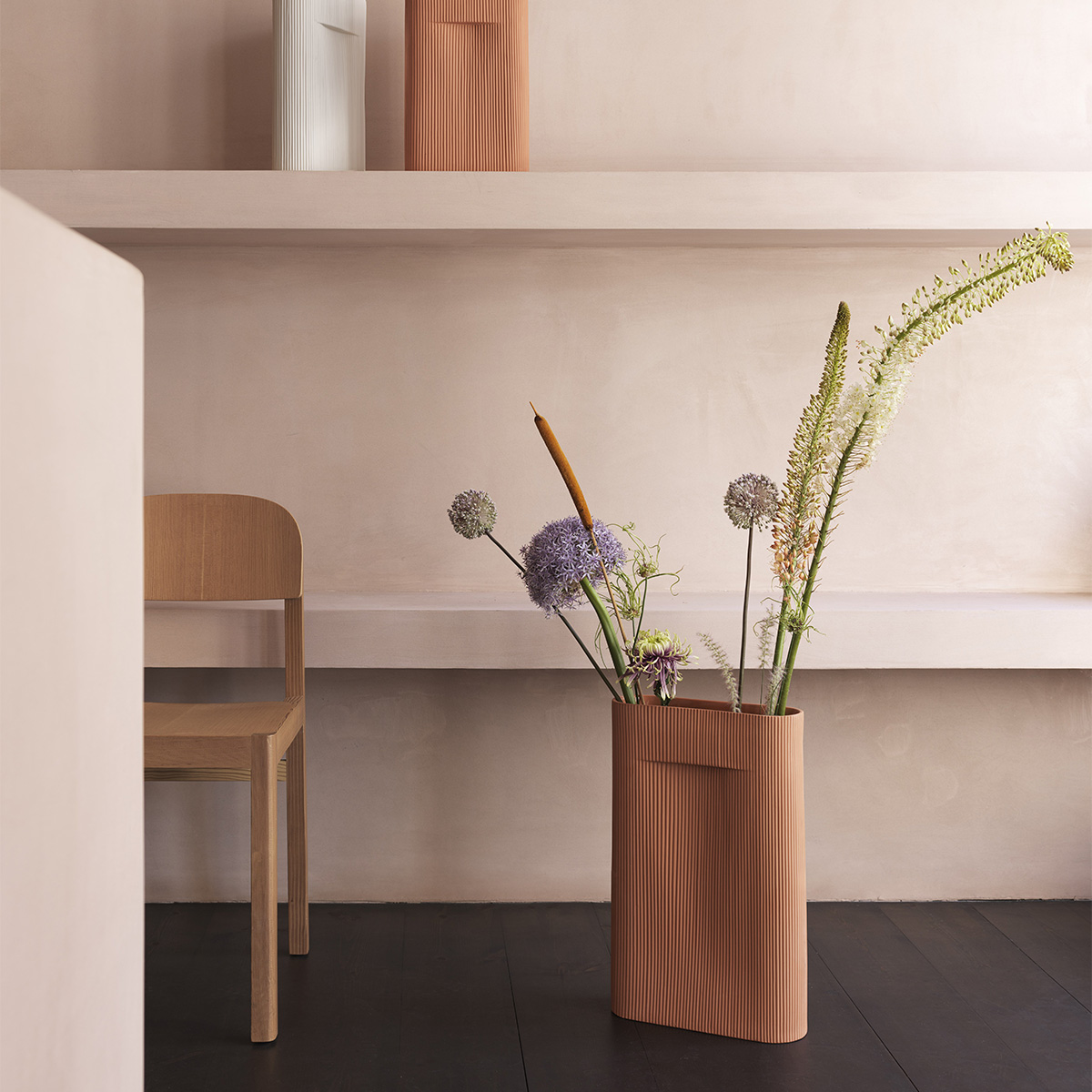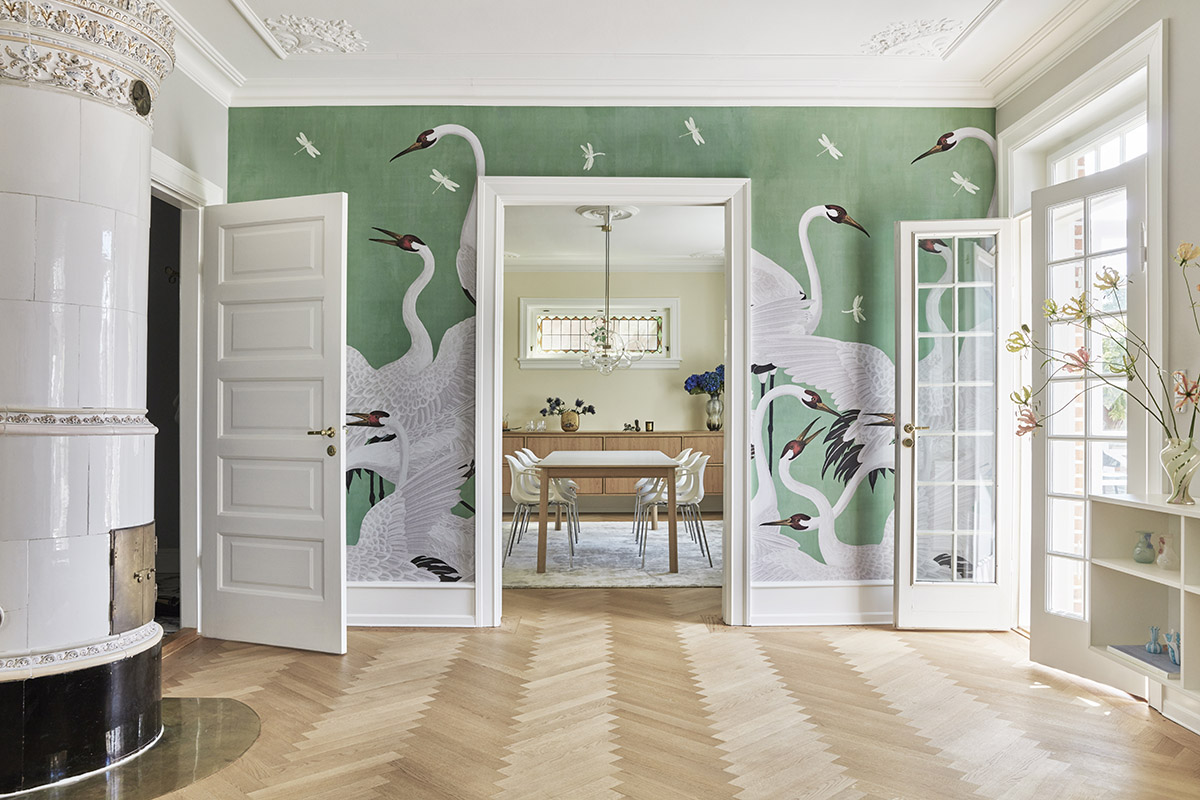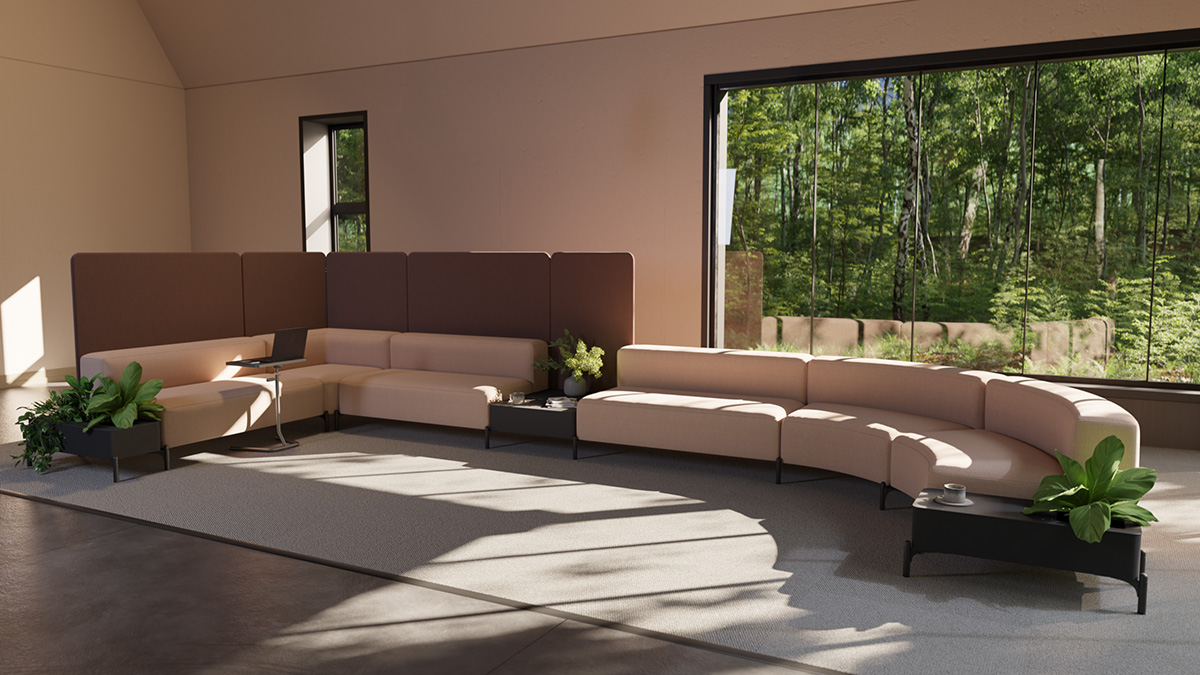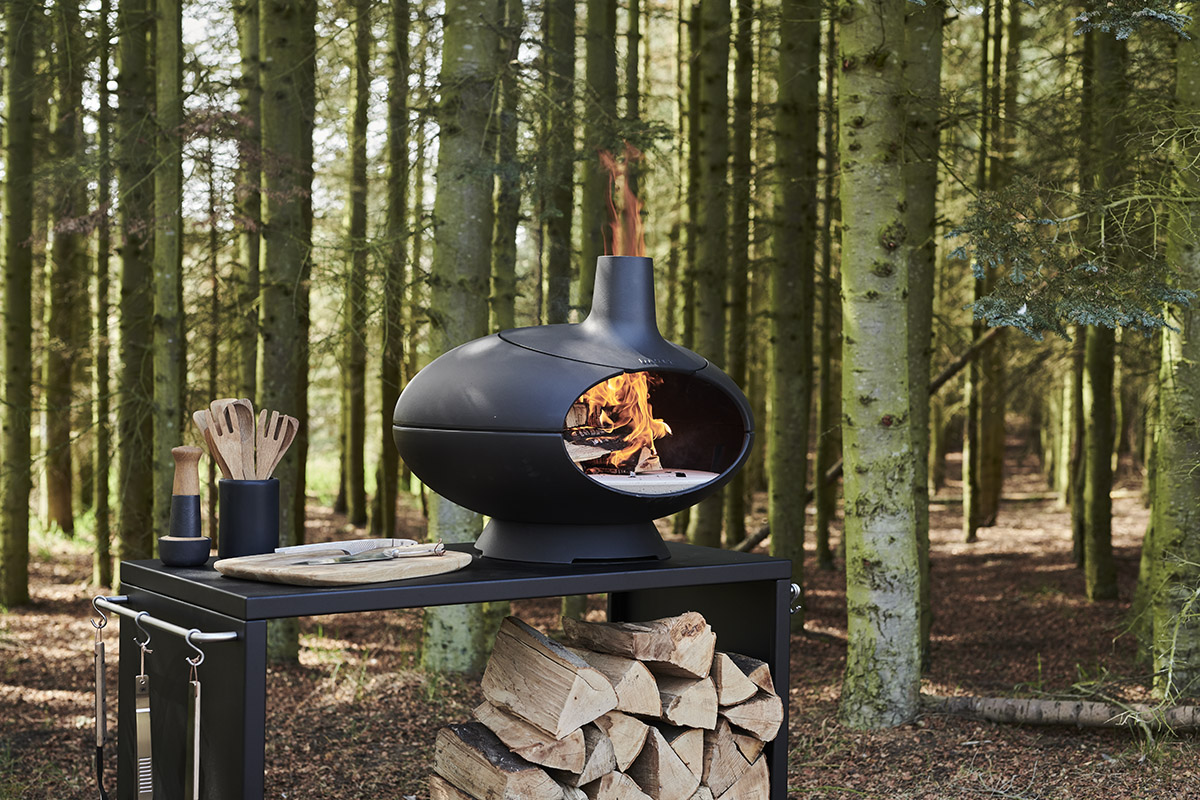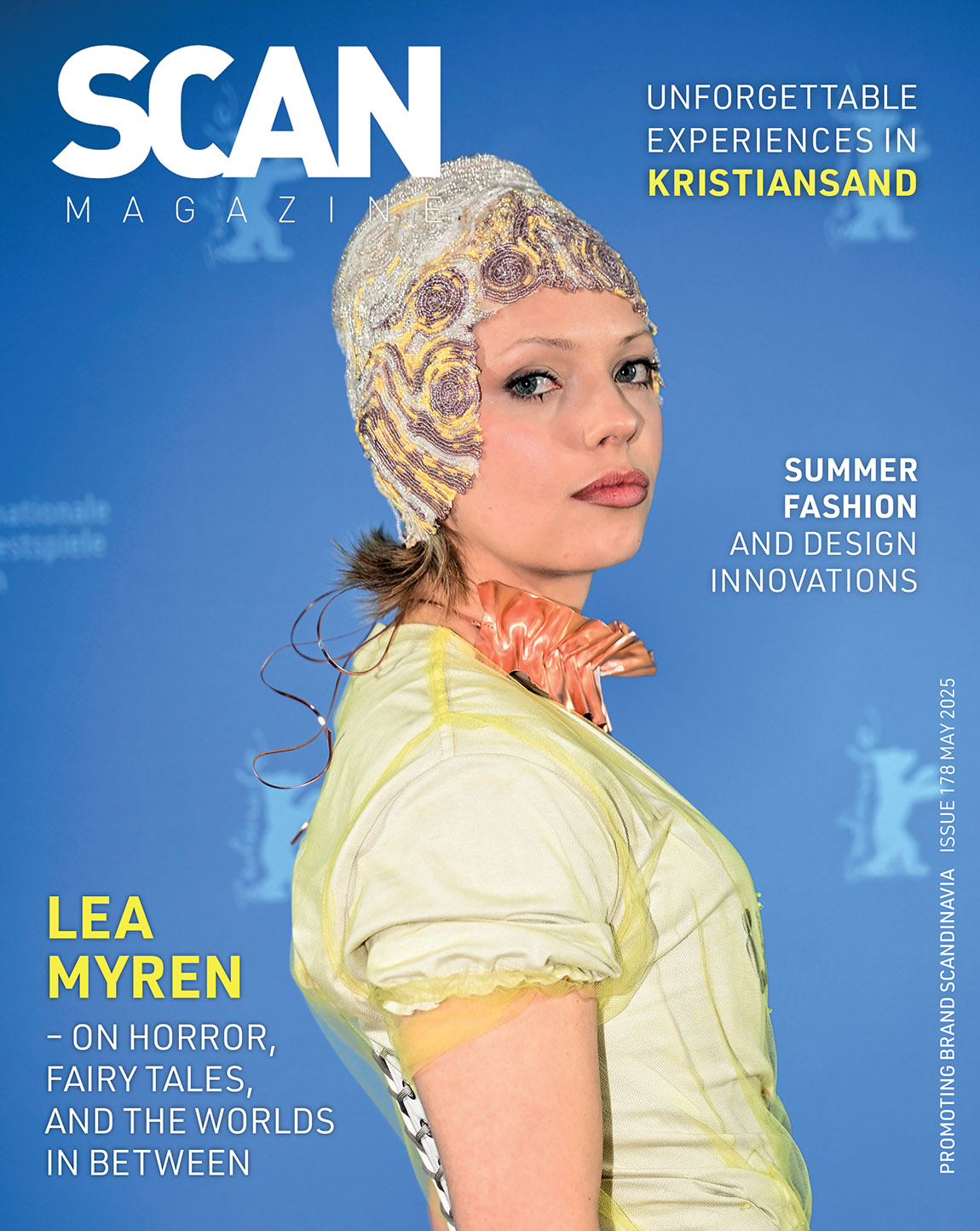Sørig Design: Evoking empathy through design
By Signe Hansen | Photos: Sørig Design
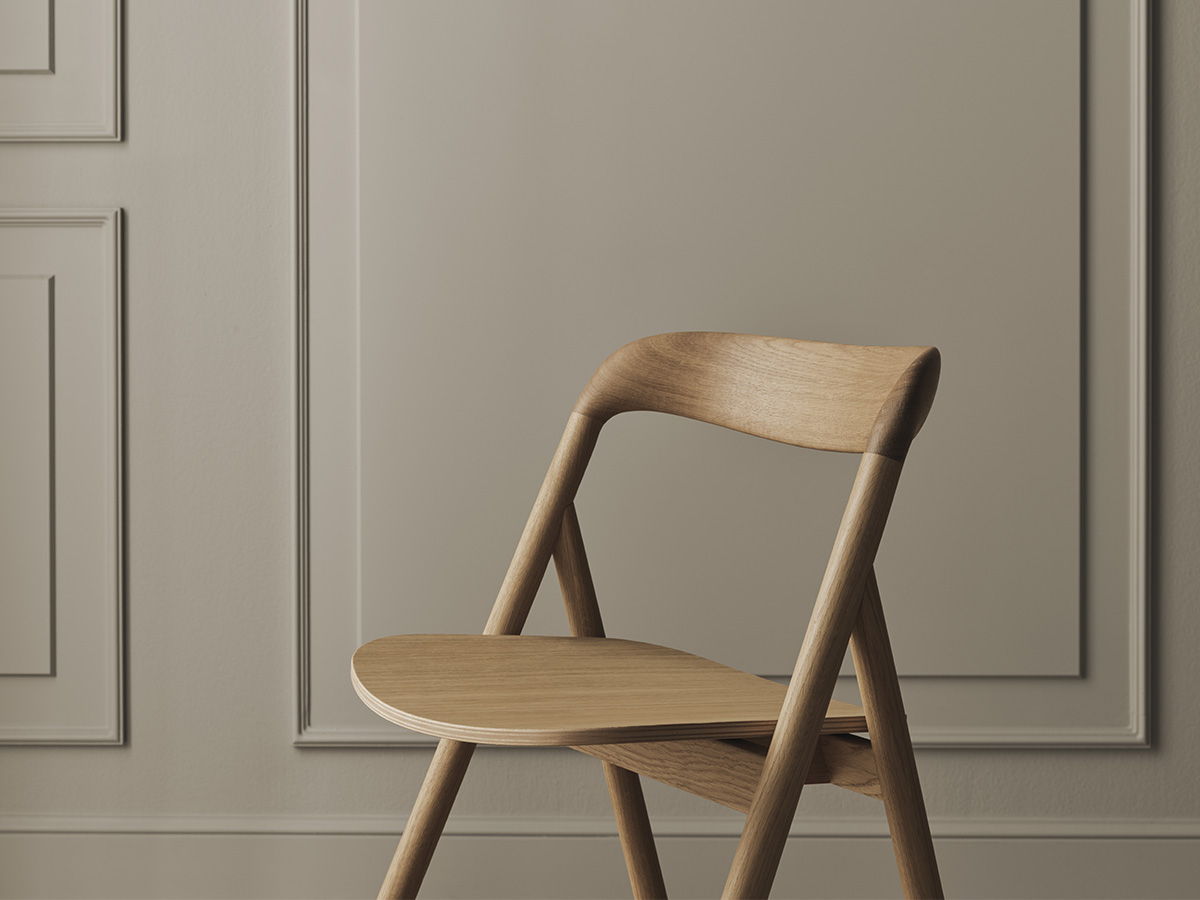
Fenri.
Danish designer Henrik Sørig Thomsen has spent nearly three decades shaping products that marry innovation with classic minimalism. With a background in industrial design, he has moved from industry-defining electronics to universal furniture designs, creating pieces that are tactile, sustainable, and quietly expressive – inviting empathy, not just admiration.
“There’s a kind of sympathy that a piece of furniture should evoke. If you don’t feel anything for it, you shouldn’t live with it,” says Henrik Sørig Thomsen, founder of Sørig Design Studio. Along with his focus on functionality and innovation, it is this belief that forms the backbone of his work. From the sculptural, minimalistic elegance of his popular Swing chair to the nature-inspired, understated look of the new Fenri chair, Sørig’s furniture transcends function.
With clients including the major Danish design furniture chain Bolia, as well as the British Joined + Jointed and the Italian seating specialist Softline, Sørig’s tactile and intuitive approach has a proven human appeal across borders.
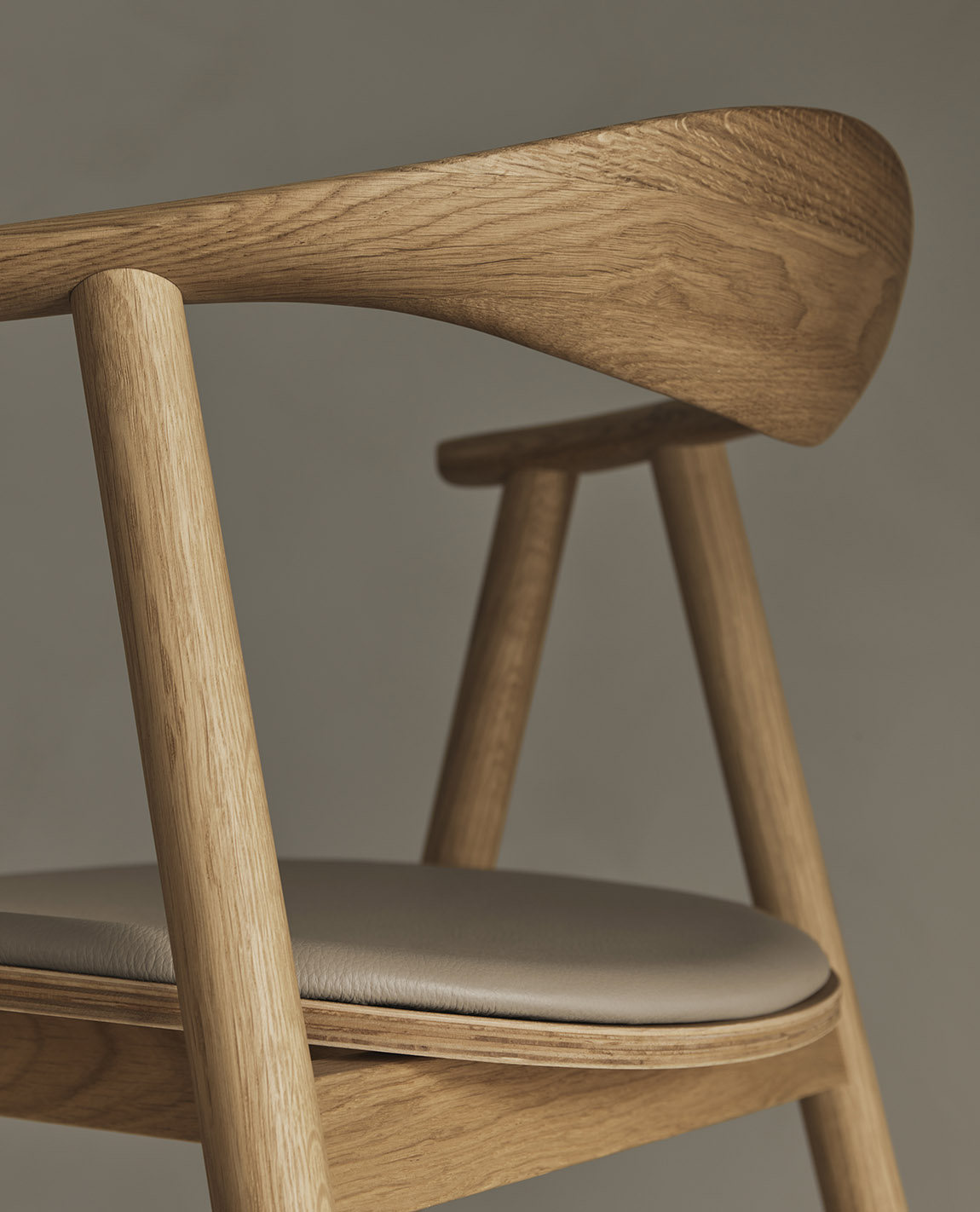
Swing.
Reinventing the wheel
Sørig’s path into the design world began when he graduated as an industrial designer from the Danish School of Design in Copenhagen in 1995. “There were some scouts from Bang & Olufsen there, and after I finished, they called and asked if I could design something. I said yes of course, and it just took off from there.”
His early collaboration with Bang & Olufsen would lead to numerous highly successful electronical designs. One of the personal highlights was designing the BeoCom 6000 telephone, a design innovation born from a simple idea conceived on fishing trip. “At the time, everyone was frustrated by the technical challenge of menu navigation with limited buttons,” Sørig explains. “But one day, while I was out fishing, I just had it. The tactile feel of a fishing reel gave me the idea for a wheel-based interface, with the tactile feel and clicking sound of the fishing reel. It went on the phone, and it was a huge success.” He jokingly adds; “We reinvented the wheel.”
The phone was later mentioned in a feature in the business magazine Fast Company. In the feature, an Apple insider states that when trying to find the right interface for the soon-to-be-launched iPod, Apple marketing SVP Phil Schiller, who had seen the wheel on the BeoCom 6000, stated; “Well, we should do that.”
“I’m pretty proud of that,” says Sørig. “This is what it’s all about, doing something new, taking a leap forward.”

A sustainable edge
When Sørig first decided to shift his focus from electronics to furniture design, he struggled to get his foot inside the right door. But with the increasing focus on sustainability, his inherently material conscious designs soon gained the interest of Bolia, a forerunner in the documentation of sustainable features in furniture. “When the design world started focusing on sustainability, that’s when I hit my stride,” says Sørig. “I’ve always preferred natural materials – wool, wood, glass – and I like the idea that things can be repaired, not just replaced.”
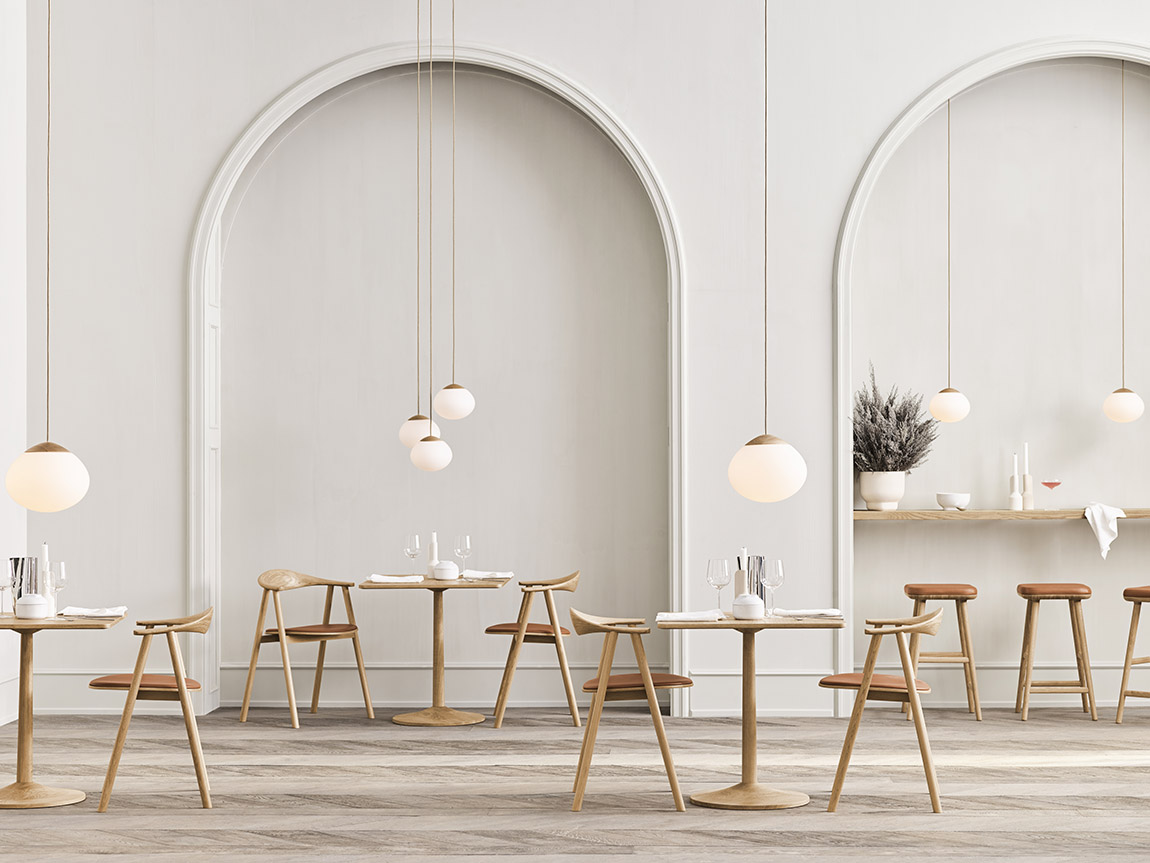
Swing.
Form, function, and empathy
This ability to blend innovation with tactile familiarity and sustainability remains central to Sørig’s approach. In his furniture, this means taking the body into account – not just in terms of ergonomics, but empathy. “I look at the body, sense what feels good, and try to make things simple and functional, even down to how easy they are to clean,” he explains. “But it should never feel like a machine. It needs to be something you want to be around, in your living room, every day.”
This philosophy comes to life in pieces like Karm. Designed for the Italian brand Softline, it is a minimalistic chair with precise joins and softened edges. It is also visible in Swing, a chair that pays homage to the Danish master Hans J. Wegner, but with a new empathic interpretation. “We managed to use a new laminated joinery combined with new technology, aiming for top quality and at the same time obtaining a fair price level,” says Sørig.
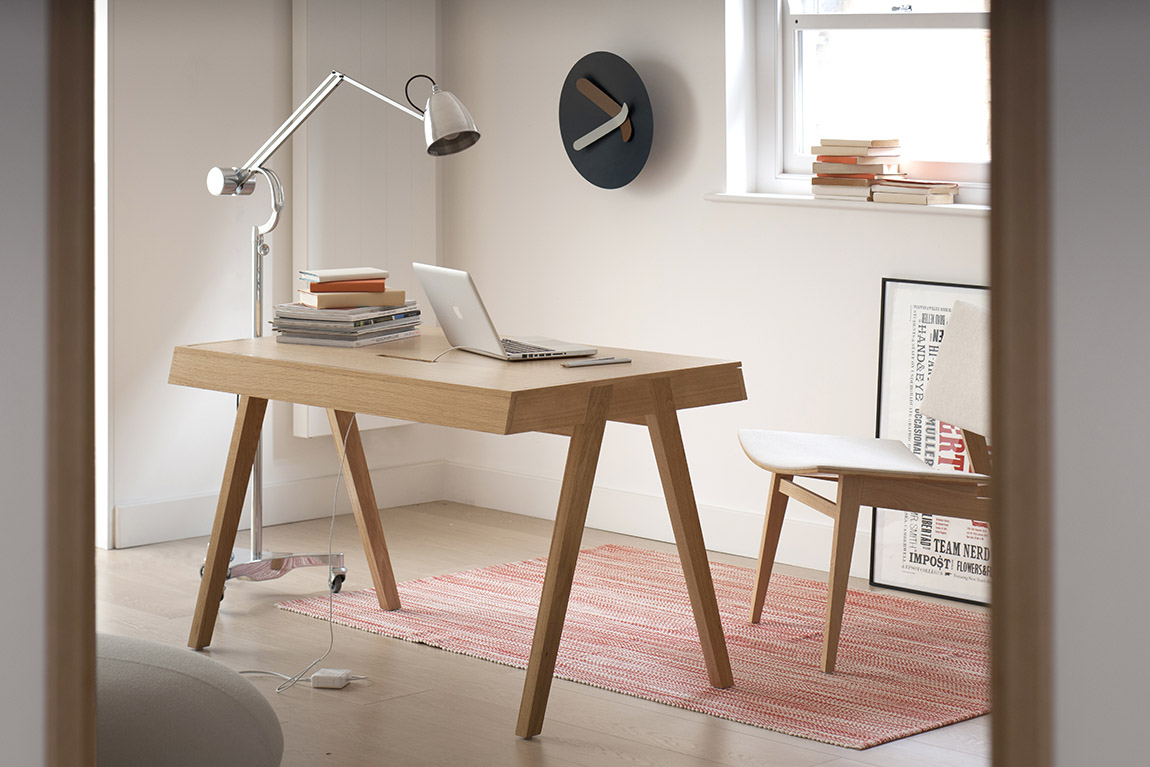
Home Station desk
On top of its pure minimalistic aesthetic, the innovative design also provides the chair with an inherently sustainable profile, documented by Bolia’s low CO2 certification.
Sørig’s Home Station desk further showcases his ability to combine classical designs with innovation. Inspired by vintage English school desks, the desk updates the format for modern living with clean cable solutions and a compact footprint tailored to the home office. The table and the chair Wood III are now produced and sold by Joined + Jointed, a UK-based company.
Through every new idea and collaboration, Sørig always returns to one core principle: music. “At design school, a teacher – musician Peter Bastian – came in and told us to forget everything we’d learned. Then he played the saxophone. We didn’t understand it then, but that lesson stuck with me. There has to be music in the design. If not, what’s the point?”
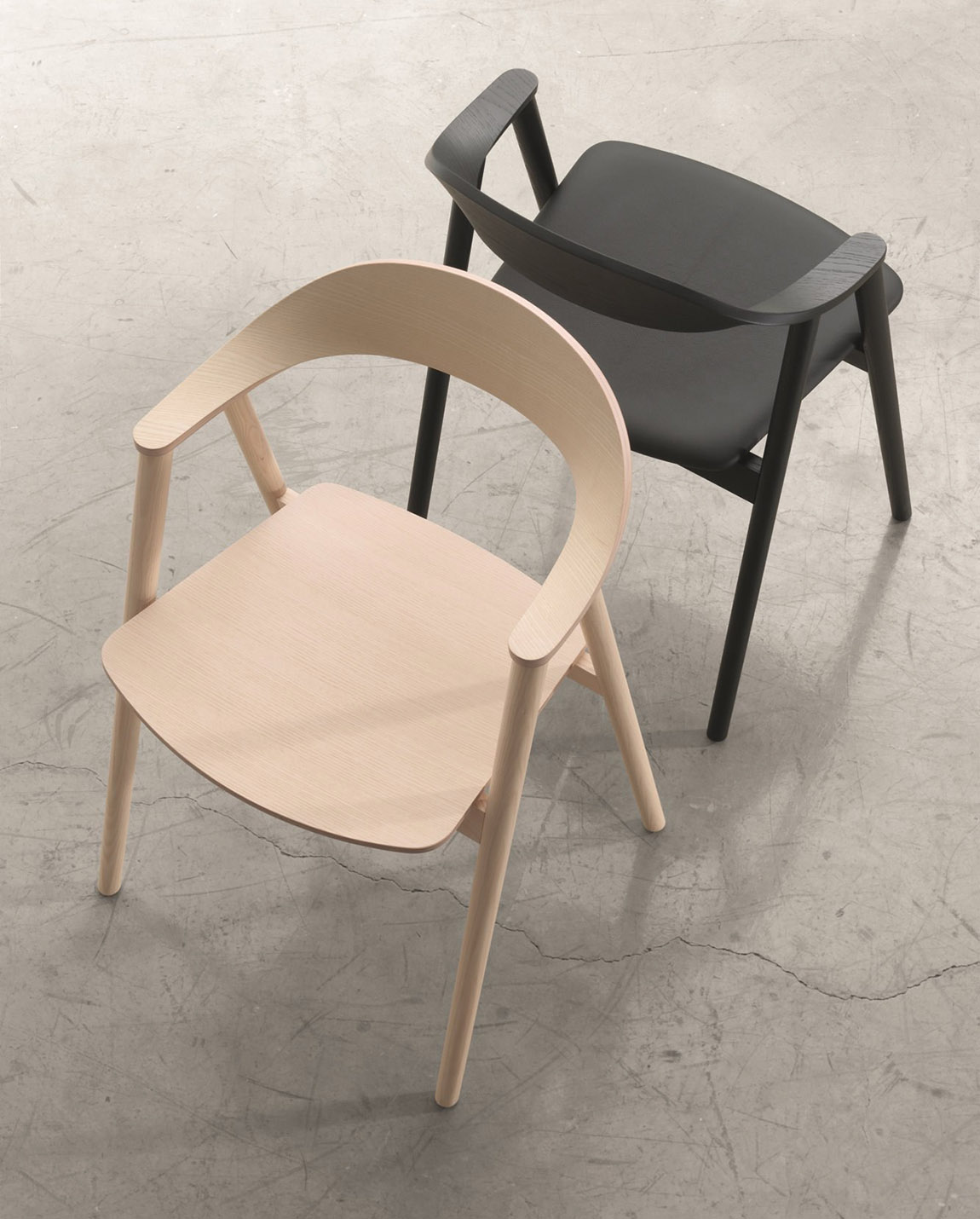
Karm.

Designer Henrik Sørig Thomsen.
Web: www.soerig-design.dk
Subscribe to Our Newsletter
Receive our monthly newsletter by email

